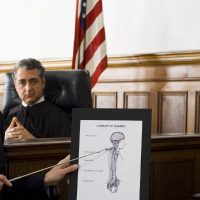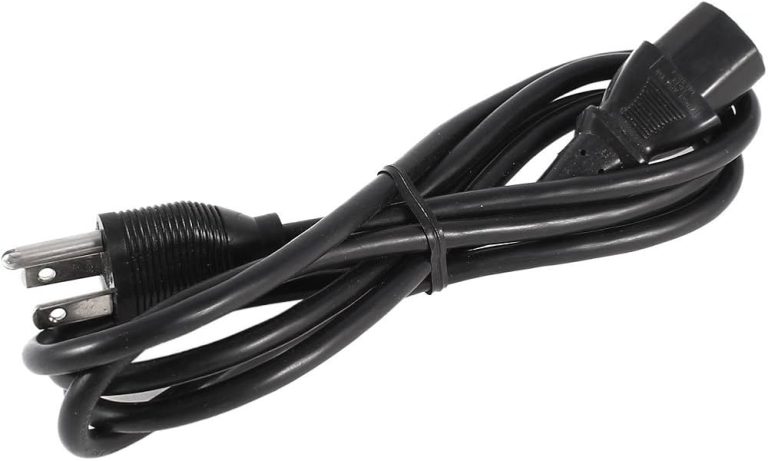It can be quite confusing when planning on distributing your assets after your death. The financial concern of potential illness and aging can make it more confusing to know where to begin. A list of basic things to consider while writing out a will can help you to arrange your thoughts and information to ensure an accurate write-up. Visit website for more details.
Debts
You will have to list the total amount and type of debts you owe to people which includes, car loans, mortgages, credit cards, equity loans, personal debts, hospital bills. Check if you have enough money in your account to cover these debts if not, you have to provide one of your assets so that your executor will sell it and cover your outstanding debts. Also, do not forget to list out all the money others are owing to you. You will be the one to decide if the debt is going to be added to the value of your real estate or will it be extinguished at your death.
Assets
You will have to consider all your investments and assets, listing out all your estates, investments and bank accounts, valuable personal property and retirement account, including firearms collections, musical instrument. You will also have to include inherited items like, jewelry, photographs or other items which has personal meaning to you. Decide for each item whether will you direct it to one of your heirs or to sell it.
Beneficiaries
This is likely the main important aspect. You will have to consider who you would like to inherit all the assets you may have left in your estate after you might have paid your debts. This will not be only your family members; you can as well include friends, relatives, institution or organizations which might have contributed positively to your life.
Executors and Guardians
Decide who you would like to place as the executor of your will. Your executor could even be your family member who is well trusted, a banker or business person. If you have little children, decide who you would like to name as their guardian. You can also have an alternative executor in case your first choice didn’t serve till your death.
Special Circumstances
Provide any circumstances which your executor needs to address. If you want to exclude your child or grandchild from your will, consider writing it out clearly with a short statement of the reason, so that your executor will clearly understand that you didn’t omit that person by mistake or error.


















